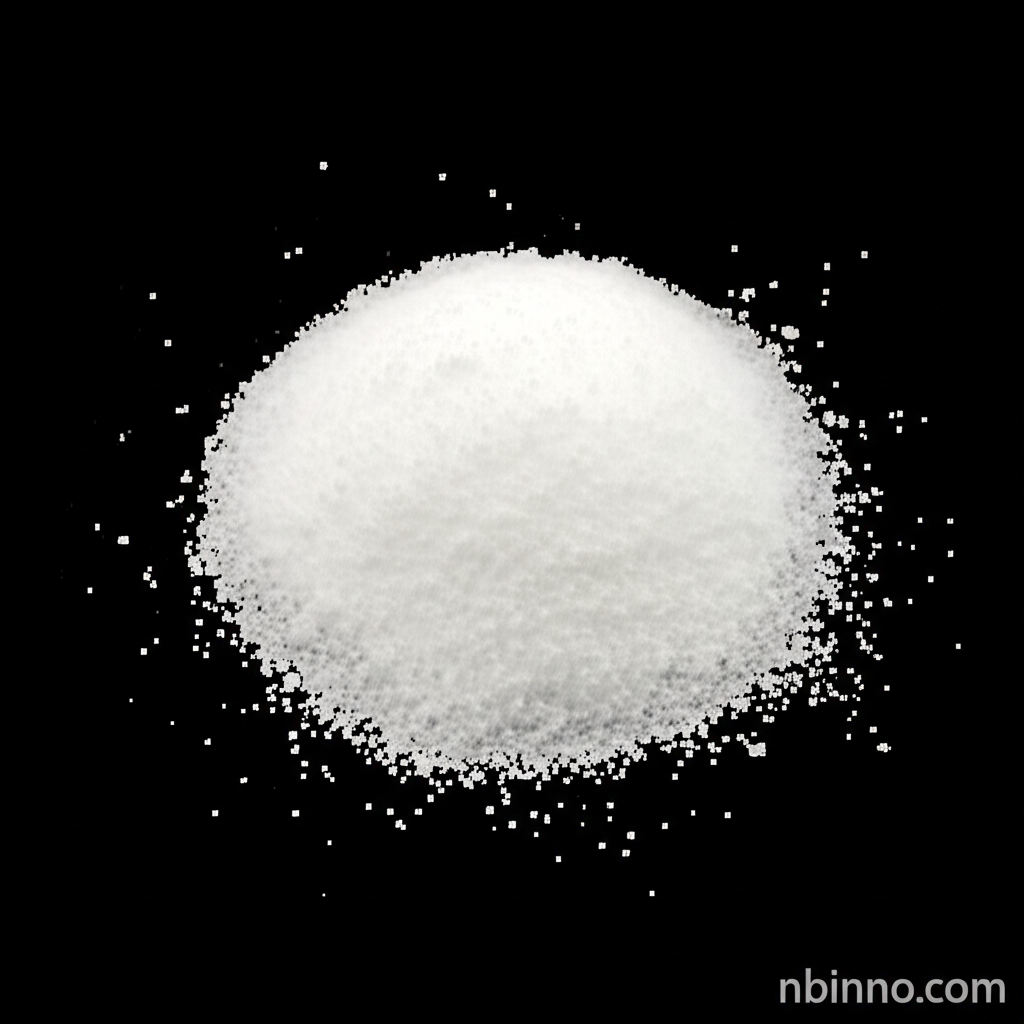Fmoc-3-(2-Naphthyl)-D-alanine: A Key Intermediate for Peptide Synthesis and Cancer Research
Unlocking advancements in peptide synthesis and targeted cancer therapies with this specialized amino acid derivative.
Get a Quote & SampleProduct Core Value

Fmoc-3-(2-Naphthyl)-D-alanine
Fmoc-3-(2-Naphthyl)-D-alanine is a crucial Fmoc-protected alanine derivative, serving as a vital intermediate in the preparation of phosphoserine-containing tetrapeptides. These specialized peptides are designed to inhibit the BRCA1 protein, which is integral to DNA repair mechanisms. Its application extends to the development of targeted therapies for cancers, particularly those associated with BRCA1 mutations, making it a key chemical building block for pharmaceutical advancements.
- This Fmoc-protected alanine derivative is essential for advancing peptide synthesis methodologies.
- It plays a critical role as an intermediate in the synthesis of phosphoserine-containing tetrapeptides.
- Research leverages this compound for developing BRCA1 protein inhibitors, crucial for cancer therapy research.
- As a pharmaceutical intermediate, it supports the creation of novel treatments for BRCA1-related cancers.
Key Advantages
Precision in Peptide Synthesis
Leveraging Fmoc-3-(2-Naphthyl)-D-alanine ensures high purity and structural integrity in complex peptide synthesis, supporting the development of specialized biomolecules.
Targeted Therapeutic Development
Its role in creating BRCA1 protein inhibitors positions it as a valuable resource for advancing targeted cancer therapy research and the development of novel pharmaceuticals.
Essential Research Chemical
This advanced amino acid derivative is indispensable for biotech research, enabling scientists to explore new avenues in medicinal chemistry and drug discovery, especially concerning DNA repair mechanisms.
Key Applications
Peptide Synthesis
Used as a fundamental building block in solid-phase peptide synthesis to create complex therapeutic peptides with specific functionalities.
Cancer Therapy Research
Crucial for synthesizing inhibitors of the BRCA1 protein, advancing the development of targeted treatments for various cancers.
Pharmaceutical Intermediate
Serves as a key intermediate in the multi-step synthesis of advanced pharmaceutical compounds, contributing to drug discovery pipelines.
Biochemical Research
Essential for academic and industrial research in biochemistry and molecular biology, aiding the study of protein interactions and cellular pathways.
